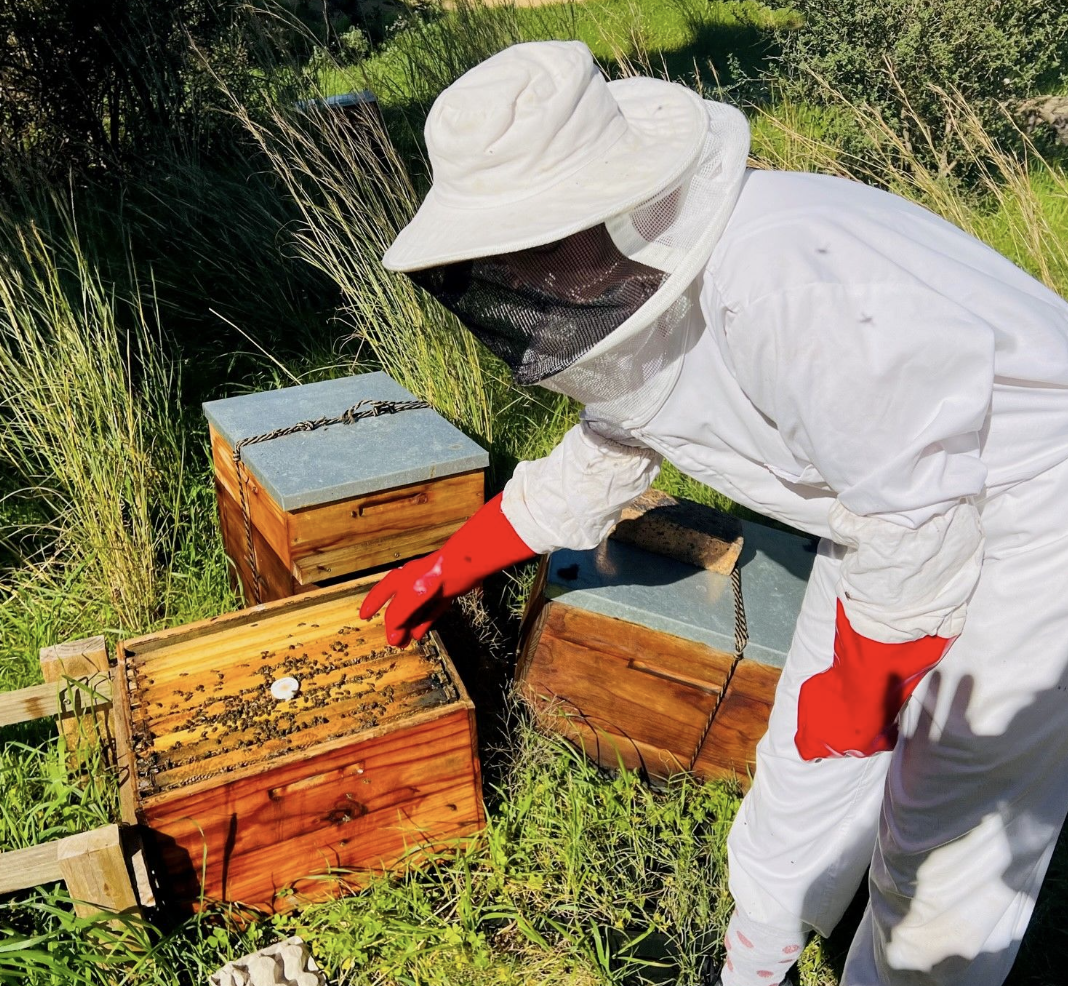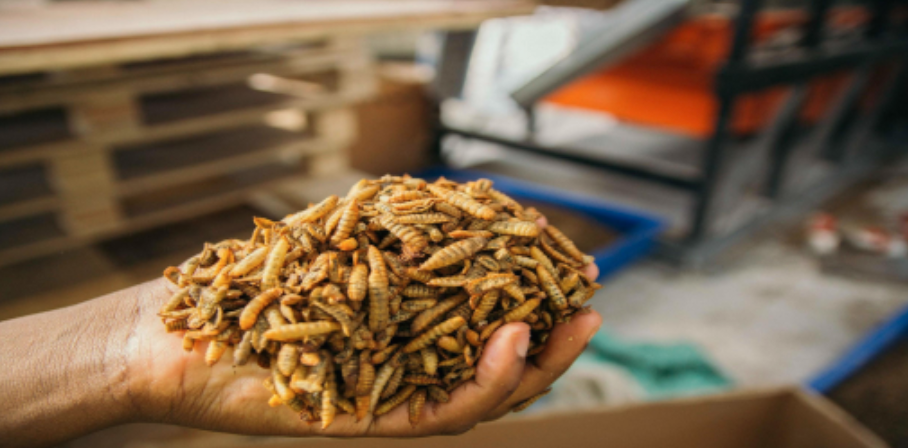Integrating Earth Observation and ground data to improve cocoa production
THE QUESTION
Can Earth Observations from satellites coupled with ground data provide insights for due diligence requirements in a sustainable cocoa production market?
LOCATION: Colombia
SECTOR: Agriculture
TECH: Satellite data, ground data
TIMELINE: September 2022 - March 2025
PIONEER: Alfonso Escolar
PARTNERS: Earth Big Data
The Challenge
Although Colombia is still better known for its coffee than its cocoa, global markets have increasingly recognised the thousands of diverse cocoa flavours it produces, and the Colombian government has invested significantly in cacao as a legal alternative to illicit coca production.
This has contributed to Colombia’s cacao bean exports rising by over 400 percent over the last thirteen years (2011-2024), and there are now 2.8 million hectares suitable for production of cacao across Colombia. Growing and processing cacao has created economic opportunities for 52,000 rural families, currently provides approximately 165,000 direct and indirect jobs, and involves small and medium producers in over 400 municipalities and 27 departments across the country.
For Colombia, cacao is now far more than just a commodity – it’s a symbol for peace, prosperity and opportunity. But it’s also a complex and sensitive industry with links to some of Colombia’s largest systemic challenges, including deforestation in the Amazon, violence in communities, and child labour.
One significant challenge for smallholder cacao producers in remote communities is that of market access and customs regulations. For example, the new EU Deforestation Regulation (EUDR) requires organisations trading in cocoa (and other commodities) to conduct rigorous due diligence on the value chain and prove that the cocoa they buy has not originated from recently deforested land or contributed to forest degradation (post 31 December 2020).
The problem is that the data required to meet these regulations is not readily available to international buyers who purchase cocoa from smallholder producers. And while certifications such as Rainforest Alliance and Fairtrade seek to provide the necessary traceability, they are unaffordable to many of Colombia’s pioneering cocoa farmers, which leads to smallholder producers being prevented from accessing international markets.
The Idea
This pilot engaged Earth observation imagery experts, DreamGIS/Earth Big Data, to understand if it would be possible to use technology to design a new traceability system for the cacao value chain that generates insights into compliance with environmental, social, and quality standards. Specifically, the pilot sought to provide international traders with data-driven insight into the deforestation risk associated with smallholder cacao farms in their supply chains.
To do this, the pilot would develop a platform that combines data collected on the ground by cacao producers with Earth observation data from satellite imagery. Cacao producers would input the location and boundaries of their farms using a mobile application. These coordinates would be uploaded to a web application which would use Earth observation data combined with the latest cloud-based data analysis techniques to generate deforestation risk reports associated with each farm.
The team hopes that this will be highly desirable to international traders who would access the web application to understand and mitigate the risk of purchasing cacao that originates from deforested land. They would be able to make informed purchasing decisions without relying on certification schemes that are prohibitively expensive to many smallholder farmers. In doing so, they would be better able to comply with recent customs regulations, such as the European Union Regulation on Deforestation-free products (EUDR), whilst supporting producers committed to sustainable farming practices.
As a result, international buyers would be able to source more diverse, premium quality flavours from across Colombia to meet market demand. This would open new markets to smallholder producers who have not previously sold their cocoa into the EU and UK. At the same time, those that have would not be prevented from continuing to do so due to tightening customs regulations.
Longer term, improved traceability within the cacao value chain may contribute to fairer cocoa prices for smallholder farmers who protect standing rainforests to maintain the health of their crops. It is hoped the pilot would also support Colombia’s growth in cocoa exports and transition away from coca production.
Read the pilot report in full by clicking below:
Explore related pilots
Curious about how frontier technologies are impacting agriculture and food security? Read about our other pilots in this sector 👇🏽






















This post describes the launch of FOLIA's mobile and web app, and an exclusive invitation to present to key stakeholders at the prestigious ChocoShow 2023.